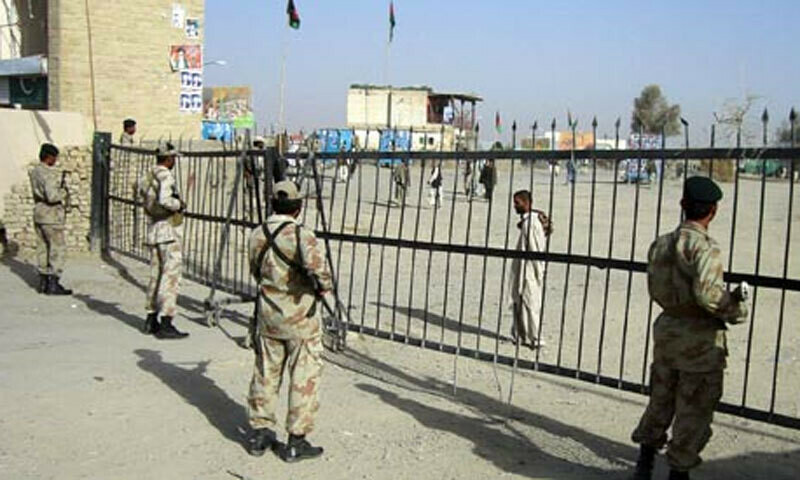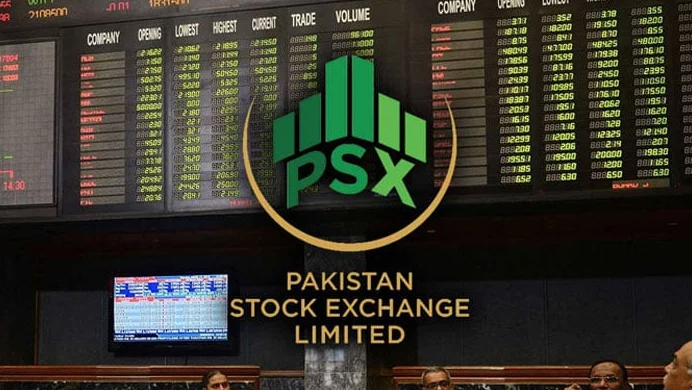TRADE & ECONOMY
Tight Lockdowns Disrupt Fuel Supply in Major Cities, Risking Oil Shortage Across Punjab and Islamabad

The government’s tight lockdown measures, implemented to thwart the Pakistan Tehreek-i-Insaf (PTI) march towards the federal capital, have begun to severely disrupt the supply chain of petroleum products, particularly in key regions of Punjab and Islamabad. The lockdown has resulted in the closure of major highways and arterial roads, significantly affecting the movement of fuel tankers and lorries across the country.
According to senior government officials, the movement of petroleum, oil, and lubricants (POL)-carrying tankers has been severely restricted due to official barricades and blockages, making it difficult for tanker trucks to reach their destinations. In response, many private companies have imposed additional precautions on their fleets. Tankers already on the road were instructed to offload their fuel supplies at the nearest available stations for safety purposes, as these vehicles were seen as potential hazards in volatile law and order situations.
The lockdowns and disruptions have created a crisis in some of Pakistan's most economically critical cities. Retail fuel stations in major urban centers such as Lahore, Rawalpindi, and Islamabad have begun running out of fuel, as these cities have become focal points of agitation and government countermeasures. The shortage has led to a growing reliance on Pakistan State Oil (PSO), the state-owned fuel supplier, to keep up with demand, with private oil marketing companies (OMCs) also being asked to fulfill their obligations to prevent further depletion of stocks.
Urgent Response to Fuel Supply Crisis
Early in the morning, PSO flagged the critical situation to the federal and provincial governments and the Oil and Gas Regulatory Authority (Ogra), requesting immediate measures to address the situation. PSO officials contacted key authorities in Punjab and Lahore, including the Punjab chief secretary, inspectors general of police (IGPs), and local district administrations, urging them to facilitate the safe and uninterrupted passage of fuel tankers to ensure that the fuel supply is not compromised.
PSO emphasized that the disruption in fuel transportation was particularly problematic in the Lahore Division, a major economic hub that relies heavily on a steady fuel supply for commercial and industrial activities. The closure of key highways and arterial routes has led to delays in fuel deliveries, which risks the depletion of fuel reserves at petrol stations. This has had a severe impact on daily operations and essential services across the region, affecting millions of residents and businesses in Lahore and surrounding areas.
PSO’s Appeal for Action
In its communication to the relevant authorities, PSO specifically requested the provincial government and police to take urgent intervention to prioritize the Lahore Division. The company asked for the unrestricted movement of fuel tankers from depots to retail fuel stations to prevent any further shortages and stabilize the local situation. PSO’s appeal also highlighted the risk of a broader fuel crisis if the supply chain was not restored promptly.
"Ensuring an uninterrupted fuel supply in Lahore will not only stabilize the local situation but will also mitigate the risk of a nationwide fuel crisis," PSO stated in its message to authorities. "Smooth transportation of fuel tankers is critical to ensuring the continuous availability of fuel, particularly for essential services and daily operations."
OCAC Calls for Immediate Assistance
Following PSO’s appeal, the Oil Companies Advisory Council (OCAC), an association representing around three dozen oil marketing companies and refineries, also issued a similar call for urgent help. The council has requested both Islamabad Capital Territory (ICT) and Punjab administrations to prioritize the transportation of petroleum products and facilitate the movement of tankers to avoid a potential oil crisis.
The ongoing protests and lockdowns have created an unpredictable environment, making the transportation of petroleum products increasingly difficult. The collaboration between the government and fuel suppliers is essential to ensure a continuous supply of fuel and to prevent further disruptions in the country’s daily activities.
Conclusion
The fuel supply crisis in Punjab and Islamabad underscores the socio-economic impact of lockdown measures and road blockages, which are affecting not only political processes but also essential services and the livelihoods of millions. As the government seeks to control the PTI’s march, it is becoming evident that ensuring the uninterrupted movement of goods, particularly fuel, is critical to maintaining stability in the country’s major cities.
With fuel stations running low on supplies and a growing dependence on PSO and OMCs, both government authorities and private companies must work together to address the situation swiftly. The potential for an oil crisis looms large, and immediate action is necessary to prevent widespread disruption.




